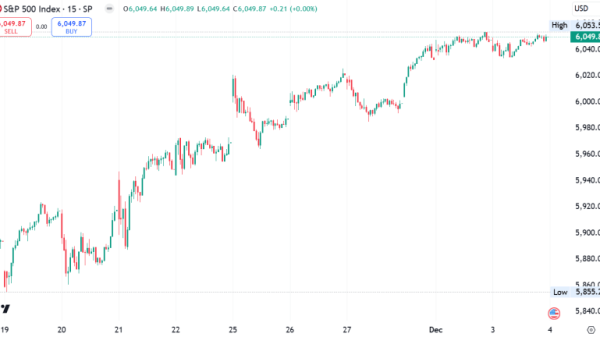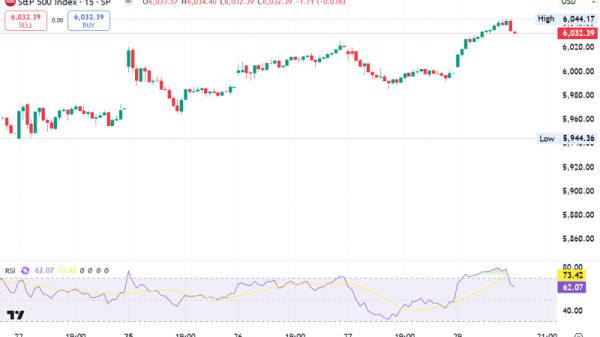By Brendan Pierson
(Reuters) -Abbott and Reckitt’s unit Mead Johnson are not responsible for a young boy’s debilitating intestinal disease, a jury found on Thursday in a lawsuit that accused the companies of failing to warn of the risks of premature baby formulas.
The ruling is a victory for the companies following large losses in similar trials.
London-listed Reckitt’s shares rose as much as 11.7% to 52.30 pounds by 0954 GMT, set for its best day since 2009. Abbott shares rose nearly 5% in pre-market U.S. trading.
“The probability of a high pay-out has reduced, driving the positive move in the share price this morning,” Tineke Frikkee of Waverton Investment Management, a Reckitt shareholder said.
At the five-week trial in St. Louis, Missouri state court, lawyers for plaintiff Kaine Whitfield had urged jurors to award more than $6.2 billion.
“The decision reinforces what we, the medical community and regulatory bodies have said: that preterm infant nutrition products are safe,” Abbott said in a statement.
Mead Johnson said the verdict “demonstrates that the claims in this case were not supported by the science or experts in the medical community.”
A lawyer for Whitfield did not immediately respond to a request for comment.
“This is the first positive outcome in this action for Mead Johnson and Abbott, and could lessen concerns on final settlement liabilities,” analysts at Jefferies said in a note.
The brokerage sees Reckitt’s stock recovering somewhere between Thursday’s close and the pre-litigation headlines price of 53 pounds per share.
That implies a 13% rise from Reckitt’s last closing price.
“After today’s verdict and the overwhelming societal support of infant formula, we think its prudent to lower the liability exposure and raise the odds of an Abbott victory in the trials, or at least improve the company’s negotiating power in a settlement,” J.P.Morgan analyst Robbie Marcus wrote in a note late Thursday.
The lawsuit, brought on Kaine’s behalf by his mother, Elizabeth Whitfield, alleged that the companies failed to warn that their specialised formulas used by newborn intensive care units in hospitals could cause necrotising enterocolitis, a disease that almost exclusively affects premature infants and has an estimated mortality rate of more than 20%.
Kaine, now seven years old, was born prematurely at less than 28 weeks, weighing just over 1,000 grams or 2.2 pounds, and developed the disease after being fed formula at St. Louis Children’s Hospital. He had surgery for his illness and survived, but will have lifelong developmental and health problems as a result, according to the lawsuit.
The hospital was also a defendant in the lawsuit, and was found not liable by the jury.
Reuters watched the trial through Courtroom View Network.
SIMILAR LAWSUITS
The case is one of about 1,000 similar lawsuits around the country, which have raised alarm from doctors who say the litigation could threaten the formulas’ availability or affect medical decisions.
Abbott CEO Robert Ford (NYSE:F) told investors in an Oct. 16 call that it would be “very difficult for any company to remain on the market with these products” in the face of “indefinite liability.” Reckitt in July said it was “considering options” for Mead Johnson, and CEO Kris Licht did not rule out a sale.
Abbott and Mead Johnson have said that, while mother’s and donated human milk protect against necrotising enterocolitis, formula does not cause it. The companies have said that the benefits of human milk are widely known and incorporated into hospital feeding practices.
Two cases that went to trial earlier this year resulted in verdicts of $60 million against Mead and $495 million against Abbott. The latter verdict was before the same St. Louis judge as Whitfield’s case.
Following the earlier verdicts, U.S. regulatory agencies and a working group of scientists convened by the National Institutes of Health said current evidence does not support the hypothesis that formula causes necrotising enterocolitis. Abbott and Mead were not allowed to present those statements to the jury in the latest trial.




































